Campus is friggin’ H U G E and there is food everywhere!

(Photo: Mihika Deb)
The first few days at a new school are always the most nerve-racking. What's going to be completely new? What's going to be similar? What will feel as though it’s from a whole different planet? Mihika Deb, CBS Student, tells about 'Siberian winters' in Malaysia, classes at night, and about a friggin' HUGE Campus in Kuala Lumpur.
Even though I’ve done ‘first-days-of-school’ several times now, each time still feels like an experience overload. My first day at my host university, the University of Malaya (UM), was no different. Here I have chosen to share a collection of 10 thoughts that crossed my mind during my first few days at my new university abroad.
1. This is definitely not a business school
One of the first things I noticed was the number of different faculties. Faculty of Sciences, Faculty of Arts, Faculty of Engineering, Faculty of Education, Faculty of Economics, Faculty of Cheese – okay, maybe not Faculty of Cheese, but you get the idea. It felt like they had a faculty for everything!
The differences between the faculties are also quite clear.
At Solberg Plads, the attire amongst staff and students is to a large extent a business vibe. Here, only a tiny fraction of the students are seen wearing that kind of attire. These are the students who belong to the Faculty of Business and Accountancy – my faculty. The students who belong to the Faculty of Arts are stereotypically seen as wearing more vibrant, statement clothing, whilst the engineering students are more laid back, and so the list goes on.
Phrases like “Oh, you thought of that like a proper business student. I would never have thought to think like that,” or “You’re dressed up so business-y,” are ones that are often thrown at me. As flattering as they are, these are not things I would expect to hear back home at CBS where I find the mentality and lifestyle are (to an extent) similar and shared by the majority of the students at the school. Even the lecturers here add to the segmentation of the faculties: “…So stringent! Makes sense – engineering students, that’s why”!
2. Campus is friggin’ HUGE
And I mean like REALLY REALLY huge.
When I lived on campus initially, it would take me approximately 50 minutes to walk to the gate that exited the campus! Many times during the first few days I found myself thinking that I was on the right track, only to realize that I had walked about 5kms and come full circle back to where I started.
Not having my bearings initially and being lost around the campus with the midday sun feeling like 1000 degrees, felt extremely overwhelming.
There were many times that I wished the campus had a little interactive map that you could install as an app on your phone, to help you get around.
Even though now I have a much clearer idea of how the campus is laid out, there is still much more of the campus that is unchartered territory for me. And this campus isn’t even in the top of the list of Malaysia’s biggest university campuses!
3. It’s like a little city
This was something I expected to some extent. In North America, you often hear about university campuses being like a little city with everything in it. The University of Malaya campus is just like that. There is a central bus stop, various food markets, medical clinics, banks, library, swimming hall, race-track etc.
On top of that each of the 12 residential colleges have their own print shop, recreational center, minimart and canteens with extensive menus at incredibly student-friendly prices.
4. There’s food everywhere!
Speaking of food, there is no shortage of food on campus at all! In many university campuses across North America, you often hear about big chain eateries such as Starbucks or McDonalds having branches inside the campus grounds. At UM, these are not available on campus but instead each week a large food market sets up in a different part of campus, where many many stalls of street food and drinks from all around the world set up shop and feed the mass of students flowing into them.
The Malaysian population is predominantly Muslim and made up of Malays, Chinese and Indians. This means that the food markets will definitely have authentic food from all of the kitchens within these cuisines, together with stalls featuring Western, Korean, Mediterranean, Thai and Vietnamese. Finding food, no matter the time of day, is never a problem – choosing what to eat, is!
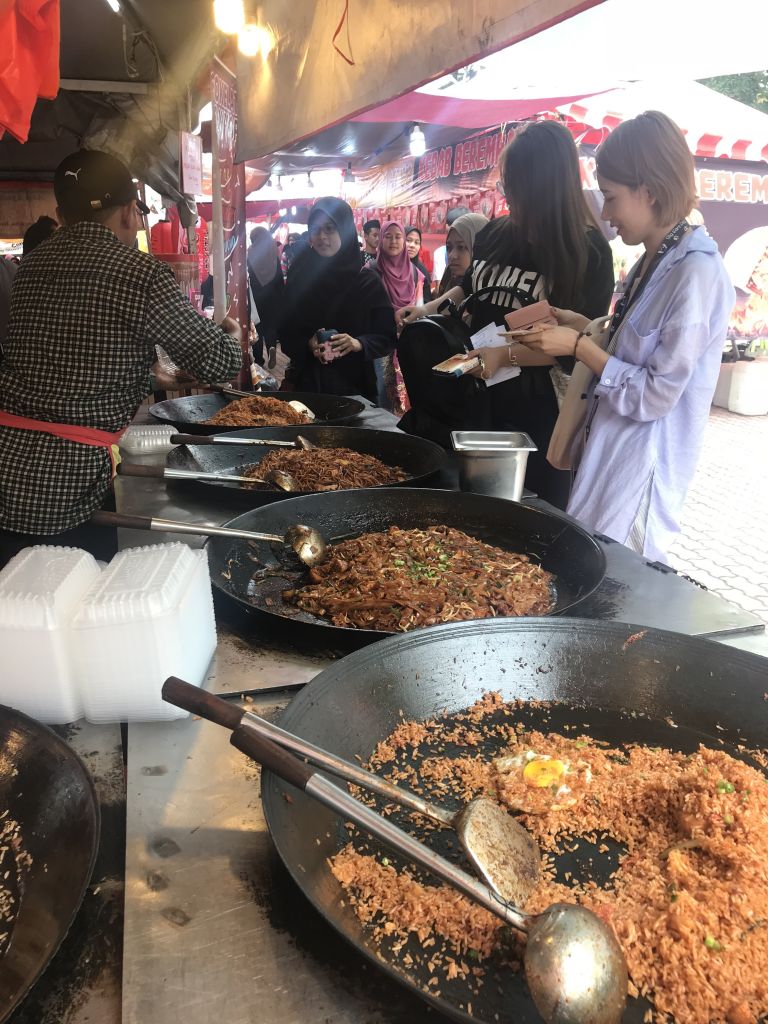
(Photo: Mihika Deb)
5. The academic standard? I have no idea
I have four courses and as you would expect, during the first class in each of the courses, the lecturers went through the course requirements.
At UM, the course results are graded as a combination of class participation, continuous assessment in the form of group work, presentations and midterms and then finally an exam at the end of the course. Different to CBS, but still straightforward enough to follow.
Usually the grades for the course are graded according to a curve, which as you might expect, increases the competition amongst the class. This is the part that made me feel a bit uneasy. This kind of grading made it a little bit more difficult for me to understand what the average expected academic standard is. I wanted to be clear on this, because even though I want to do well in my courses, I am on exchange after all, and would also like to be able to gather experiences outside of the classroom and library!
The Malaysian students for the most part seem to be quite laid back in their approaches and are even surprised when we mention having gone to the library, but the lecturers give a very different impression, continuously emphasizing the need to constantly be on top of all the work so as not to fall behind.
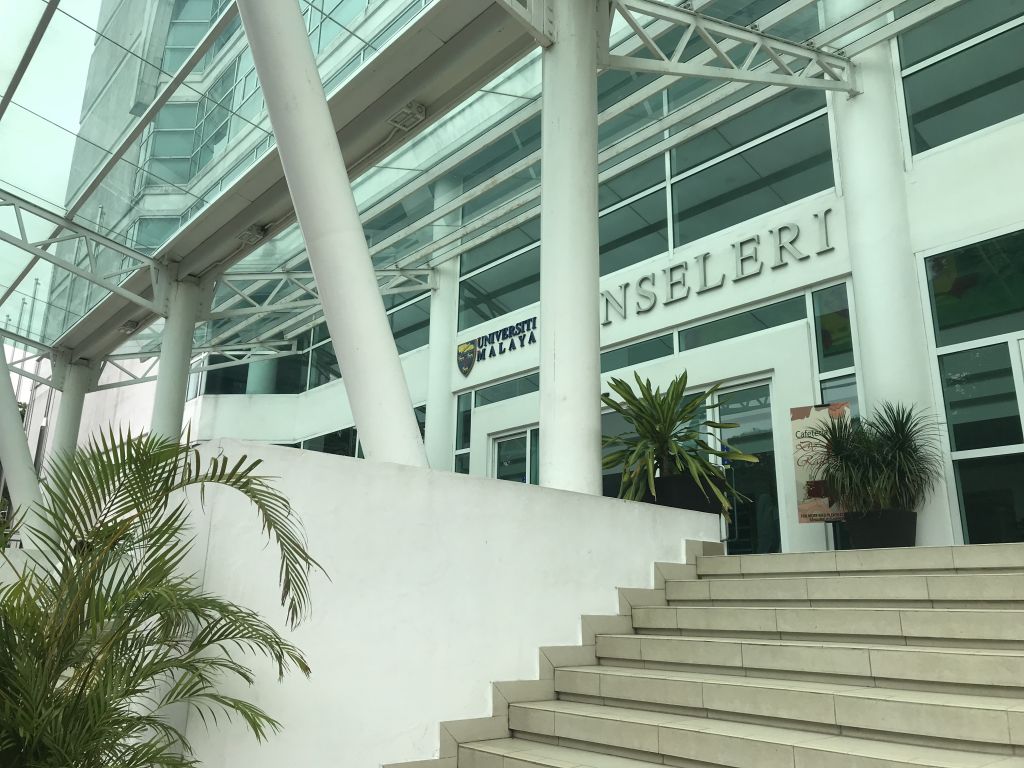
(Photo: Mihika Deb)
Halfway through the semester now, I still don’t quite know where the standard lies, but fingers crossed I will have a better idea of it soon!
6. I barely have to go into school?!
One more thing I noticed during my initial few classes at UM, was the lack of classes I had! At UM, the lectures and the classes are put together into one. What this
means is that I often have long classes of 3+ hours with a short break, but on
the other hand, it also means that I only have four classes in a week, and have to go into school much less frequently.
7. My classes are at night
My classes are all in the evenings! This was initially a bit of a shock as I suddenly found myself trying to reorganize my day to adjust to having classes from 18:30 and returning home at around 22:00, without much more time or energy to make more out of the evening after class.
Luckily though, it’s just a matter of making the most of the day before classes – and I only have to do this three times a week, as the rest of the time I’ve got time off to make the most of the other parts of exchange.
The reason that the classes are placed so late in the day is because many of the students taking the courses are MBA students who work full-time jobs and then come to class once they get off work. In the meanwhile, I essentially have the whole day to sleep, should I want to, so I really can’t complain!
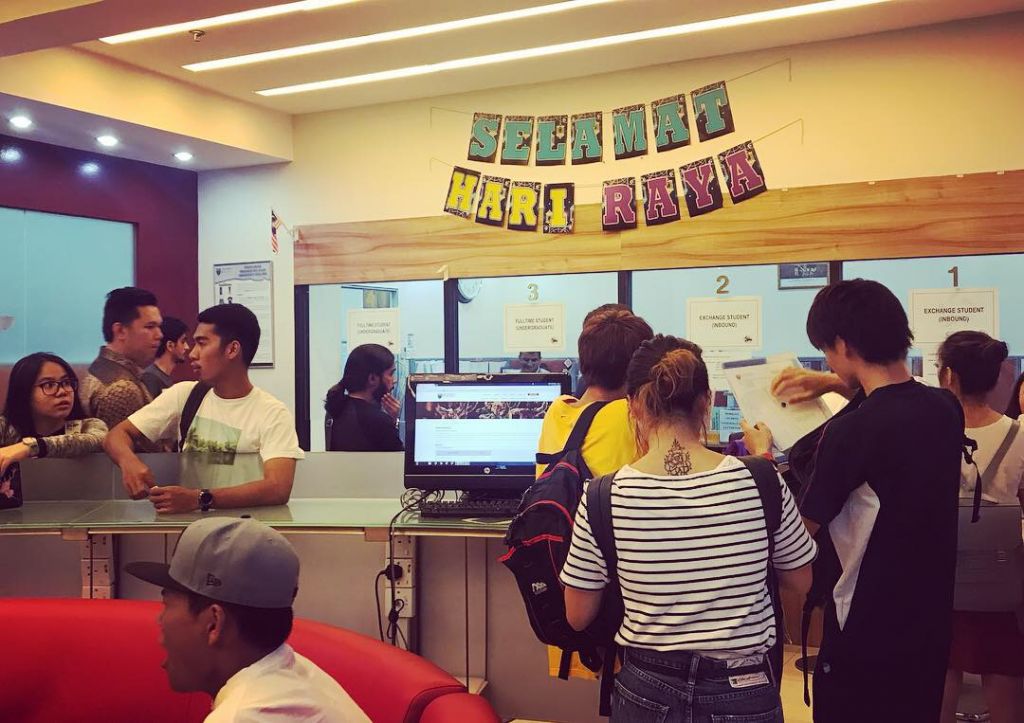
(Photo: Mihika Deb)
8. Am I in a classroom or some where in the middle of a Siberian winter?!
During one of my first classes, a foreign exchange student from Russia came to class wearing gloves (yes gloves!!) and sat himself down next to a local Chinese-Malay student who was clad in a T-shirt. It was an amusing sight.
It might be 41 degrees Celsius outside, but I sit in the classroom in my woollen jumper and a huge scarf wrapped around my neck. I’m not the only one. All the other foreign students all sit in thick winter-wear shivering as the cold AC blasts across the room.
The Malaysian students? They don’t seem phased by it at all! They’re used to going in and out between the ice-cold air-conditioning of classrooms and malls, to the harrowing heat of the outside temperature.
How they haven’t all caught a cold yet, still amazes me!
Tip for anyone planning to come to Malaysia to study next year – that scarf you’re contemplating leaving at home in Denmark, bring it! You’ll thank yourself later.
9. Wait! I don’t think I understand what they’re saying
This was something that I luckily only felt during the first day or two, and quickly was able to adjust to. The lecturers here are all proficient in English but some of them do have thick accents and speak very fast which can make it difficult to follow.
On top of that, they often use Malaysian phrases or references while they speak. They will be deep into a lecture in fluent English and then BAM – there’s suddenly a word or phrase I’ve never heard, and the class erupts into laughter. Meanwhile the foreign students nervously laugh along, giving each other awkward glances knowing that none of us understood what just happened.
Often to make a point, or when the lecturers are very enthusiastic about the material they’re teaching, they will subconsciously switch to speaking Malaysian Bahasa which leaves those who don’t speak the language at a disadvantage. This made me reflect on the times that I noticed this happened during lectures at CBS. When the majority of the class speaks Danish, it’s easy for the
lecturers to use a word or two in Danish, which then automatically excludes those who don’t speak Danish from the classroom conversation. I didn’t think much of it back home, as I speak Danish, but being on the other side this time, I can empathize with the international students at CBS.
10. The locals really seem to like international students
A final point worth mentioning, that I initially felt during my first experiences of UM was the amount of positivity the local students have towards exchange students. They really make it a point to make the foreign students feel welcome, and are always inquisitive about their home cultures. In exchange, they are also happy to proudly tell you about the Malaysian culture.
This makes assimilating into the student body of the university significantly easier, and is one of the main reasons that my first impressions of the university were such positive ones.
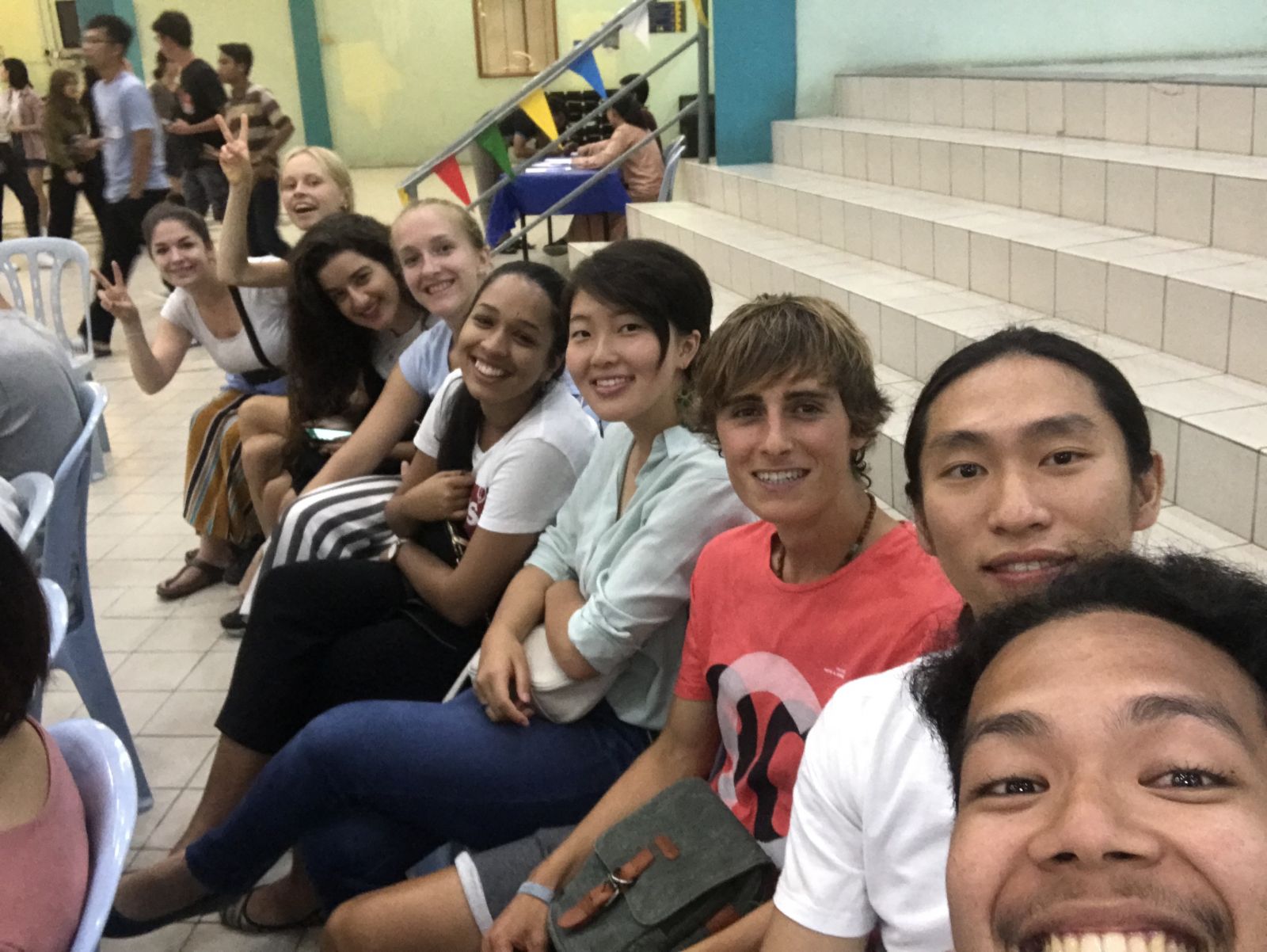






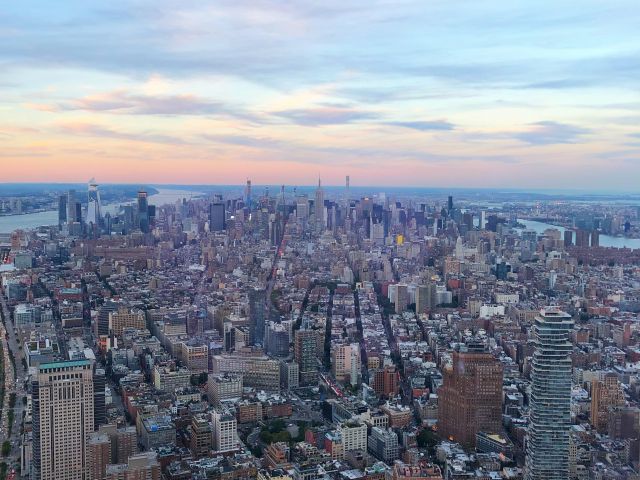





























































































































Comments